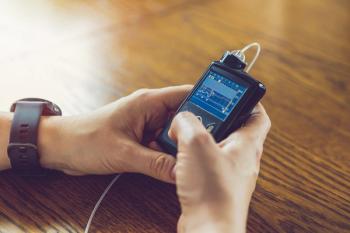
Prophylactic Benzodiazepine Use May Reduce Seizures in Bupropion Overdose
It is crucial to have a measure to mitigate the possibility of seizures, according to researchers.
Administration of prophylactic benzodiazepines may reduce the risk of seizures in bupropion overdoses, according to research results presented at the American Pharmacists Association (APhA) 2023 Annual Meeting and Exposition, held March 24-27 in Phoenix, Arizona.1
According to literature reports, seizures can occur in up to 27% of bupropion overdoses, leading to significant consequences. Although benzodiazepines are a first-line agent for the management of drug-induced seizures, there is “minimal literature” around the use of benzodiazepines as a therapy to limit seizures in this setting.
Investigators from the University of Arizona College of Pharmacy and the Arizona Poison and Drug Information Center conducted a 5-year, retrospective, observational chart review study, analyzing data from patients who experienced a bupropion overdose between May 2017 and April 2022. Individuals who did not visit a health care facility, who had an incomplete chart, or who had a history of significant seizure disorder, were excluded from the review.
Overall, 355 patients were included in the study; 95 of these patients received prophylactic benzodiazepines and within that group, 6.3% developed seizures. A total of 260 patients did not receive prophylactic benzodiazepines, of whom 23% developed seizures. Ultimately, prophylactic benzodiazepine use in individuals with bupropion overdose led to a risk reduction of 16.8%±4.6% (95% CI, 0.07731-0.2579; P =.0003).
Study limitations include the retrospective and observational nature of the research.
“Bupropion overdoses have a high risk for seizures. Therefore, it is crucial to have a method to prevent such cumbersome effects,” the researchers concluded. “Benzodiazepines are suspected to work for this indication because of their effects at GABA receptors, thus enhancing GABA-mediated synaptic inhibition.”
References
1. Carroll S, Kaur R, Pina R, Edwards C, Dudley S, Grossart E. Benzodiazepine use in bupropion overdose. Presented at: American Pharmacists Association 2023 Annual Meeting and Exposition; March 24-27, 2023; Phoenix, AZ. Poster 1268.
Newsletter
Pharmacy practice is always changing. Stay ahead of the curve with the Drug Topics newsletter and get the latest drug information, industry trends, and patient care tips.























